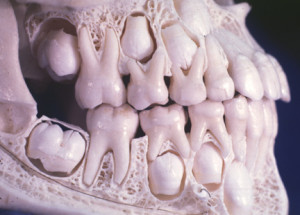 Updated: January 18, 2024
Updated: January 18, 2024
If you are not a weird fairy with a hoarding disorder, baby teeth serve a lot of functions for you. For instance, they allow you to consume foods and extract nutrients before your permanent teeth come in. And of course, you can sell them to the tooth fairy after you are done with them.
What Are Baby Teeth?
Baby teeth are medically recognized as primary teeth or deciduous teeth. They come out between the age of six month to three years. For something that falls out eventually by itself, you will be surprised how important they are to us. In order to squeeze through mother’s birth canal, we are born with small skulls. Small skulls means small jaws, so the space to hold teeth are very minimal. We can’t wait till our jaws are big enough to start growing teeth. Obviously, nobody wants to be breast fed until they turn 12, so we need some temporary teeth to garble down that delicious cheese burger.
Not only do baby teeth allow us to dine on our own as a happy child, they also serve as a scaffold for the development of the oral cavity. For one thing, they hold space for permanent teeth. Additionally, the retained space allows your jaw muscle and jaw bone to develop properly. Primary teeth are also necessary for children’s speech. Imagine how difficult it would be to say “teeth” without teeth.
Although baby teeth fall out eventually, it does not mean proper oral hygiene maintenance can be neglected. If a baby tooth is extracted prematurely, the space it occupies will gradually shrink. Sort of like if you don’t show up for your reservation, some one else will take your spot. Thus, when the permanent teeth come in, they squeeze themselves in by pushing existing teeth out of the way. This leads to severe crowding as an adult. Therefore, you should clean your children’s teeth regularly, and take them to the dentist regularly for check-up and cleaning.


